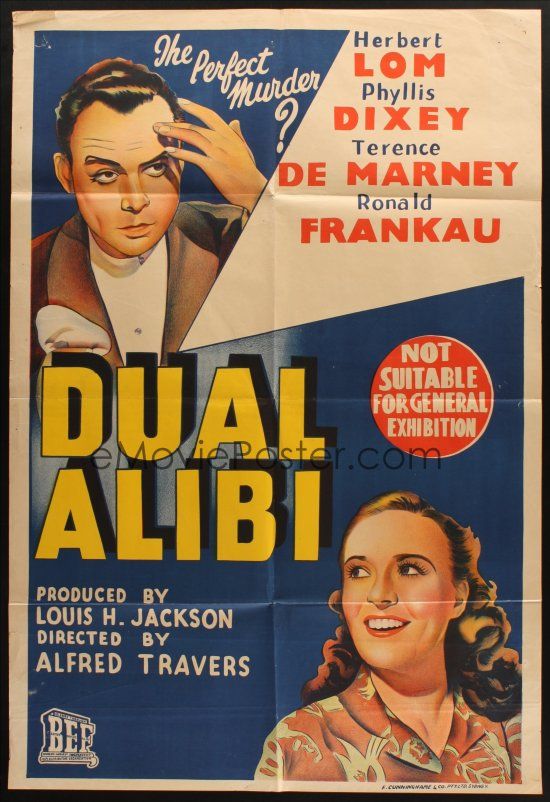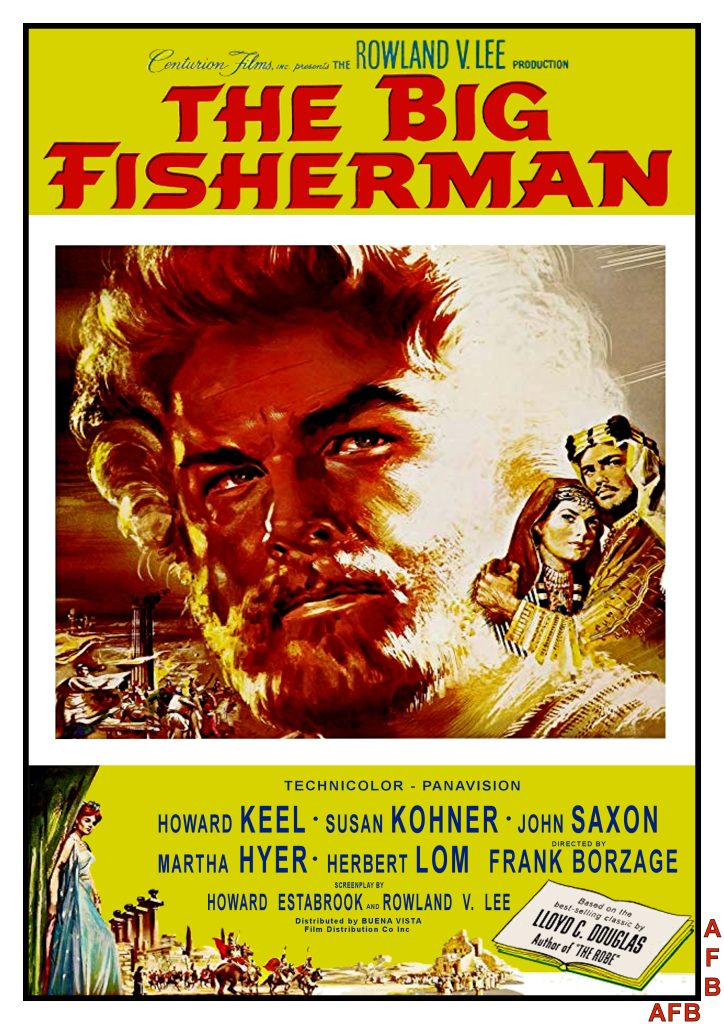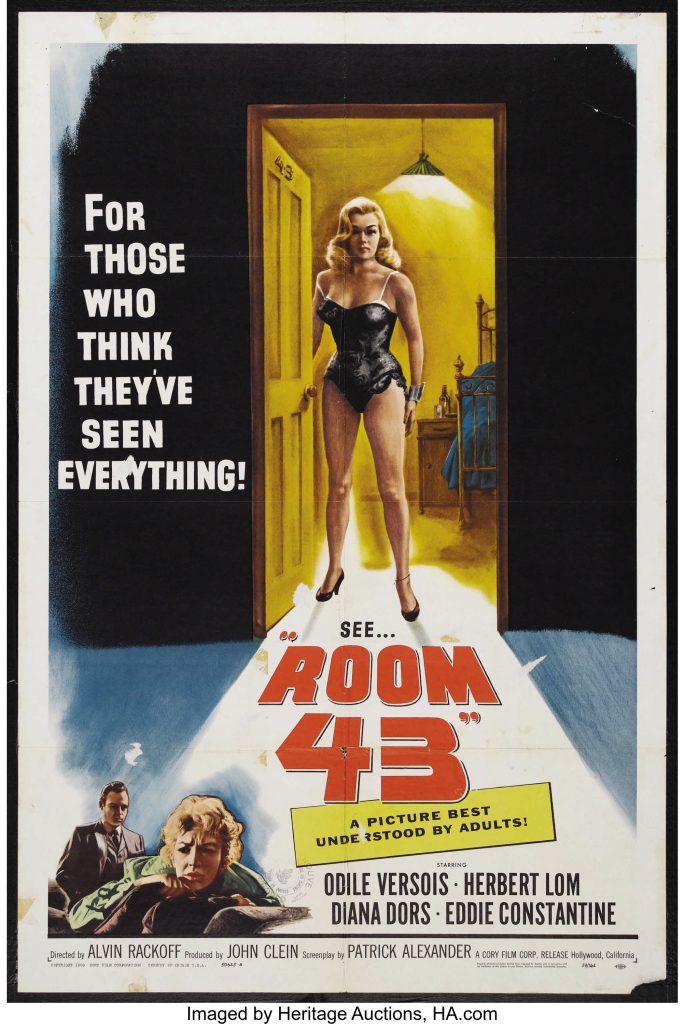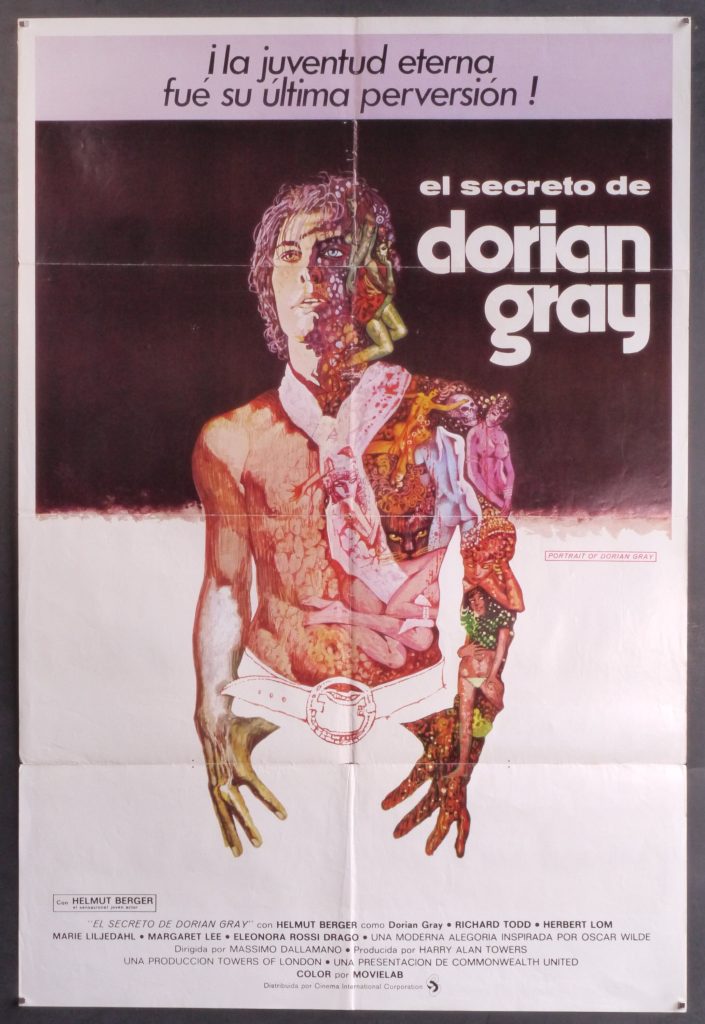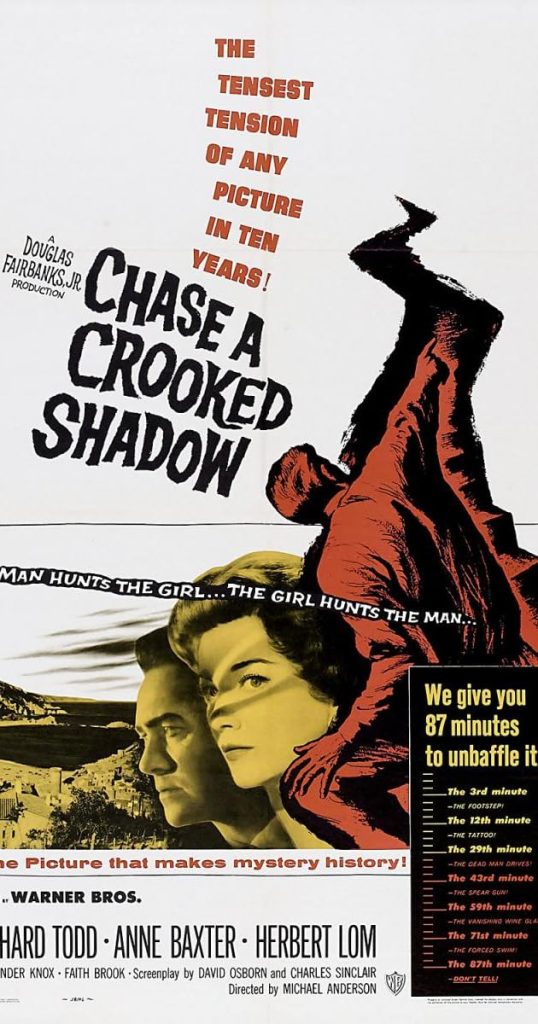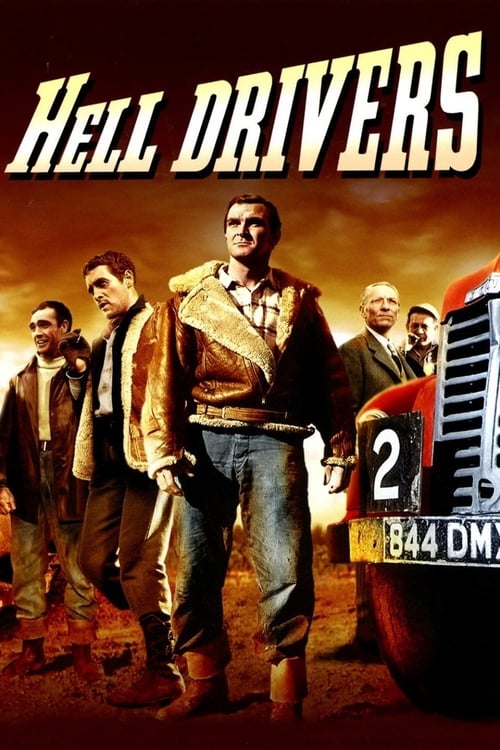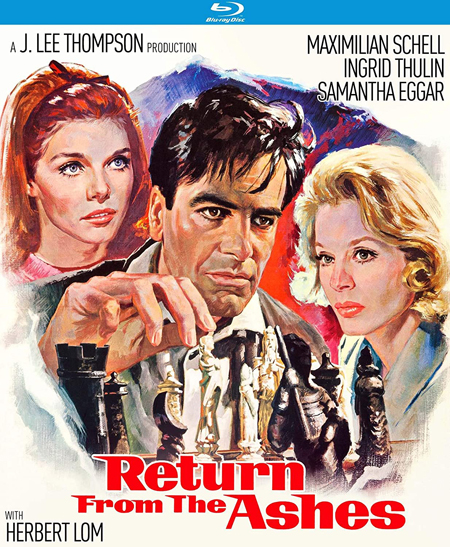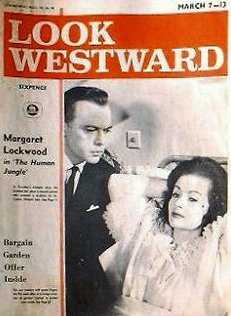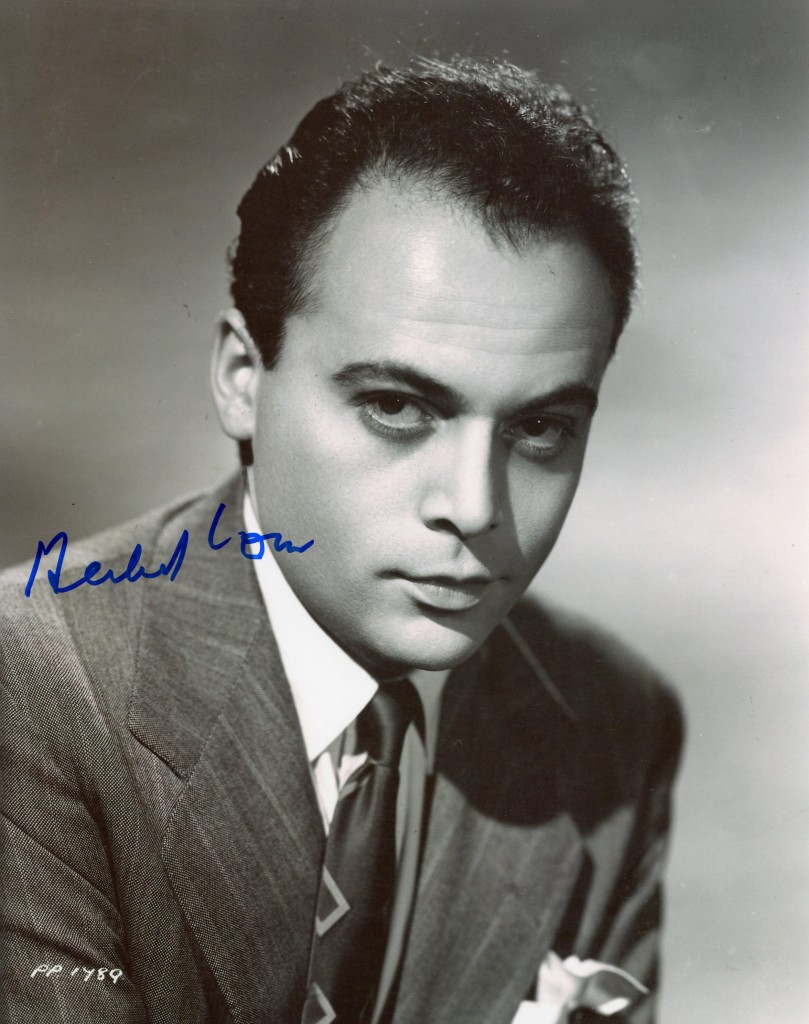


Herbert Lom was born in 1917 in Prague. He came to Britain in 1939 and soon established himself as a popular young character actor often in villianous roles. His cinema debut was in “The Young Mr Pitt” in 1942. Among his film career highlights are “The Seventh Veil”, “Night and the City”, “Hell’s Drivers”, “North West Frontier” and “El Cid”. In 1954 he starred opposite Valerie Hobson in the London stage production of “The King and I”. His last credit to date is in “Murder at the Vicarage” which he made when he was 87 years of age. He died in 2012 at the age of 95.
Ronald Bergan’s “Guardian” obituary:
Herbert Lom, who has died aged 95, spent more than 50 years in dramatic roles, playing mostly smooth villains, but he was best known for his portrayal of Charles Dreyfus, the hysterically twitching boss of the bumbling Inspector Clouseau (Peter Sellers) in the series of slapstick Pink Panther comedies. “Give me 10 men like Clouseau and I could destroy the world,” blurts out the bewildered Dreyfus in A Shot in the Dark (1964).
Herbert Charles Angelo Kuchacevich ze Schluderpacheru was born into an impoverished aristocratic family in Prague. He studied philosophy at Prague University, where he organised student theatre. In 1939, on the eve of the German invasion of Czechoslovakia, he arrived in Britain with his Jewish girlfriend, Didi, but she was sent back at Dover because she did not have the correct papers. Her subsequent death in a concentration camp haunted him all his life.
Because of his linguistic abilities, Lom worked for the BBC European Service during the second world war, while building an acting career in British films with his newly shortened name. He had already appeared in small parts in two Czech films. In his first British film, Carol Reed’s The Young Mr Pitt (1941), he played Napoleon Bonaparte, whom he resembled. It was the first of his three incarnations of, in Lom’s words, the “much-maligned gentleman”. The others were in War and Peace (1956) – while on location in Italy, hundreds of members of the Italian army, playing extras in the battle scenes, queued up to shake Lom’s hand – and in William Douglas-Home’s play Betzi, in a West End production in 1975.
With his penetrating brown eyes, saturnine looks and foreign accent, Lom was typecast as psychiatrists or sinister crooks. In The Seventh Veil (1945), he used his rich, deep voice to guide a concert pianist, Ann Todd, through her past with the aid of drugs and hypnosis. Almost two decades later, Lom had a similar role in the TV series The Human Jungle (1963-64) as a specialist in emotional distress who listens to his patients’ problems while being unable to cope with his teenage daughter. “A boring part,” Lom admitted. “All I had to do was sit behind a desk saying, ‘And vot happened next?’, and the terribly interesting patient got all the good bits.”
Lom was more active as a heavy, his lightly flavoured Czech accent serving for French, Spanish, Arab, Greek or Turk. In Jules Dassin’s Night and the City (1950), he played Kristo, a Greek racketeer who orders the murder of a petty crook, Richard Widmark. He was a devious pirate chieftain in Spartacus (1960) and Captain Nemo in Mysterious Island (1961), and took the title role in the Hammer production The Phantom of the Opera (1962). He stole the limelight in many a film from the nominal stars: playing a flamboyant Polish officer posing as a foreign agent in Rough Shoot (1953); a French count who steals the eponymous jewel in Star of India (1954), and Ahmad Shahbandar, the richest man in the world, in Gambit (1966). In these three films he ran rings around, respectively, Joel McCrea, Cornel Wilde and Michael Caine.
Lom failed to get satisfaction from such roles and never had the chance to realise his full potential on screen, but he nevertheless scowled effectively all the way to the bank. “When you are tempted to say no, they offer you so much money it would be irresponsible to one’s family, to one’s children, to refuse.” In 1948 he married Dina, with whom he had two sons. They lived in London, the Canary Islands and the French Riviera. The couple divorced in 1971. Lom subsequently married and divorced twice more and had a daughter with the potter Brigitte Appleby.
Alexander Mackendrick’s The Ladykillers (1955) was one of the few films that Lom looked upon with affection. As the most menacing of the gang trying to bump off an old lady, he ends up falling backwards off a railway bridge, landing in a passing goods wagon. The reason Lom wore a hat throughout the film was because his head had been shaved for his role in the musical The King and I at the Theatre Royal, Drury Lane. Although not as singular a figure as Yul Brynner as the Siamese king, Lom proved to be just as imposing.
Lom, who worked with Sellers in The Ladykillers, was delighted to be cast as Clouseau’s superior in A Shot in the Dark, Blake Edwards’s follow-up to The Pink Panther. “I owe Blake the fact that I’ve been doing comedy,” Lom remarked. “When he called me for the first time, he said, ‘You’ve been the heavy so often, but I think you’re a funny man.'”
In The Return of the Pink Panther (1975), Lom ends up in a straitjacket, writing “Kill Clouseau” on the walls of his padded cell with his toes. In The Pink Panther Strikes Again (1976), he escapes from the asylum and becomes a master criminal. Revenge of the Pink Panther (1978) has him driven crazy again. Lom would twitch more frenetically as the films became progressively less funny.
It was then back to heavy duty as the devious Dr Hartz in the superfluous 1979 remake of The Lady Vanishes and he was Christopher Walken’s therapist in David Cronenberg’s The Dead Zone (1983), trying to help his patient, who has come out of a coma, to cope with being able to see the future. Lom then played a corrupt South American dictator in Whoops Apocalypse (1988), and a Vatican mafioso in The Pope Must Die (1991). His last appearance was on television as a suspicious French professor in an adaptation of Agatha Christie’s The Murder at the Vicarage (2004), with Geraldine McEwan as Miss Marple.
Lom, a delightful raconteur, music lover and amateur painter, who had a fine collection of 20th-century masterpieces, also wrote two entertaining and scholarly books: Dr Guillotine (1993), a novel about the inventor of a “humane” form of execution, and Enter a Spy: The Double Life of Christopher Marlowe (1978). “When I’m writing, there’s nobody watching me,” he explained. “It’s a terrible thing to be watched, either by the audience or by the camera.” It was a curious admission from an actor seldom away from the screen.
He is survived by his children.
• Herbert Lom (Herbert Charles Angelo Kuchacevich ze Schluderpacheru), actor, born 11 September 1917; died 27 September 2012
The above “Guardian” obituary can also be accessed online here.





